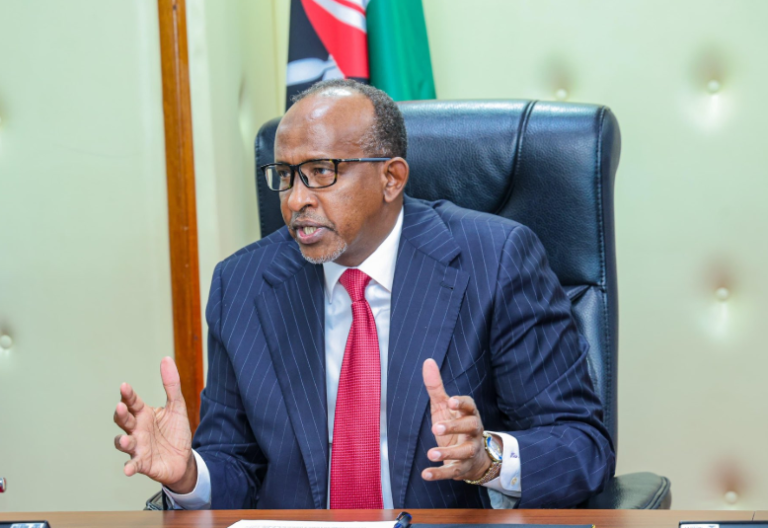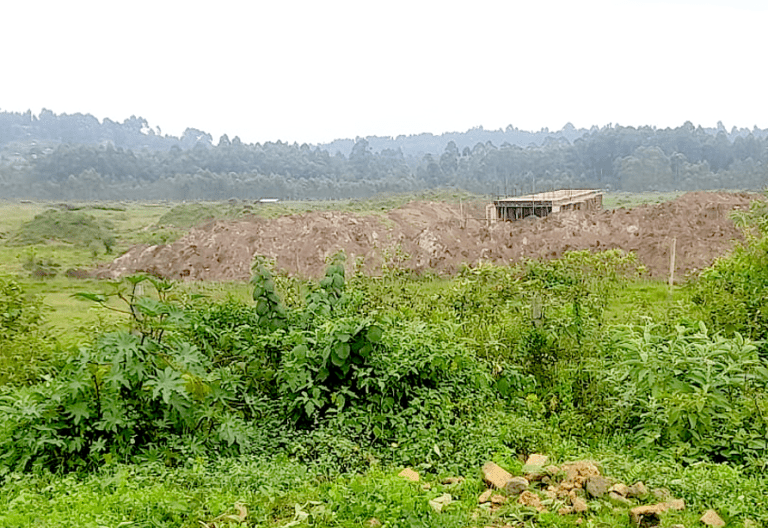Industrial parks remain a pipe dream in counties
By Nyang’au Araka, December 23, 2024Construction and operationalisation of aggregation and industrial parks in several counties are in doubt following sluggish works.
The parks are anchored on the Bottom -Up Economic Transformation Agenda (Beta), an economic recovery strategy of President William Ruto’s administration.
The projects are dear to the government due to recognition of the role played by agriculture and manufacturing sectors in wealth and job creation.
Ruto has said several times before that the parks will increase foreign exchange earnings, and reduce poverty at the grassroots.
The national government aims to work jointly with county governments to establish the parks in each of the 47 devolved units.
“Each county will allocate Sh250 million (while the) national government through (the) State Department for Industry (will provide) Sh250 million,” according to information available on the Ministry of Industrialisation website.
“Over the years, the growth of the manufacturing sector has remained stagnant at around 11 per cent of the GDP over the past ten years. This has resulted in reduction of jobs, stagnation in exports while imports have been growing.”
Investment, Trade and Industry PS Juma Mukhwana previously said that the Sh250 million from county governments would be used to fund the provision of electricity, water, effluent management, internet, security and transport.
He was quoted in sections of the media stating that a local bank had promised to provide Sh250 billion to support the purchase of manufacturing equipment for industries willing to invest in the parks.
Implementation had been staggered in three phases, and over Sh5 billion is projected to be spent in construction works.
The projects are currently being implemented in Nyamira, Kisii, Busia, Murang’a, Kakamega, Kirinyaga among other counties.
However, reports show that works have stopped in some sites.
For example, a spot check at Sironga, which is the site for the Nyamira County Aggregation and Industrial Park on Thursday, established that there were no contractors, machinery or construction workers on the ground.
The gate into the site was closed and two men were clearing overgrown grass along the road.
“The construction stopped several weeks ago,” Denis Okinyi, a resident, said.
When the President laid a foundation stone at the site in August last year, he said that parks would broaden opportunities for Kenyans and boost economic growth.
Kenya has a worrying unemployment rate and of late, thousands of young people have been making efforts to fly out of the country in search of a sustainable living.
According to the Federation of Kenya Employers (FKE), unemployment rate of Kenyan youth (15–34 years old) is at around 67 per cent.
Reports also indicate that over one million young people enter the labour market annually, a majority from universities and other middle level colleges.
However, the Kenyan job market is not creating adequate jobs to absorb this huge number of young people, according to information published by the United Nations Environmental Programme (Unep).
The idea of aggregation and industrial parks has worked in countries such as China, which was poorer than most of the Sub-Saharan African (SSA) countries when it started its economic transformation in 1979.
This is according to D. Justin Yifu Lin and D. Yan Wang, authors of “China-Africa win-win strategy for job creation and transformation”, an article that was published this year.
President Ruto has lately been under fire as Kenyans question his policies, whose impact is yet to trickle down to them.
However, Ruto does not have kind words for such dissenting voices of late.
According to him, he is on a mission to revive the country’s economy.
“I want to tell the people of Kenya that this country is going to succeed and we will shame the naysayers.”
More Articles

